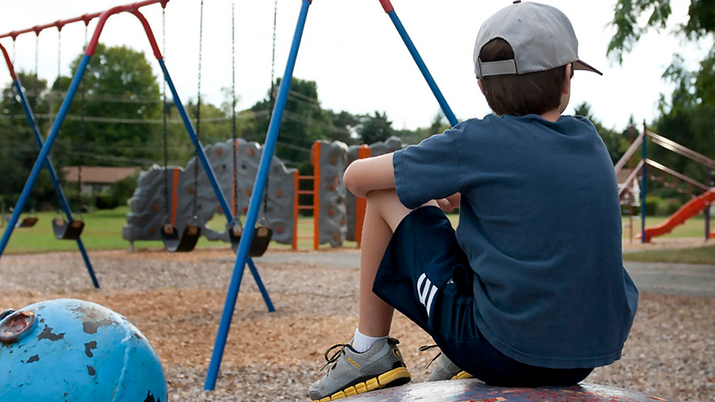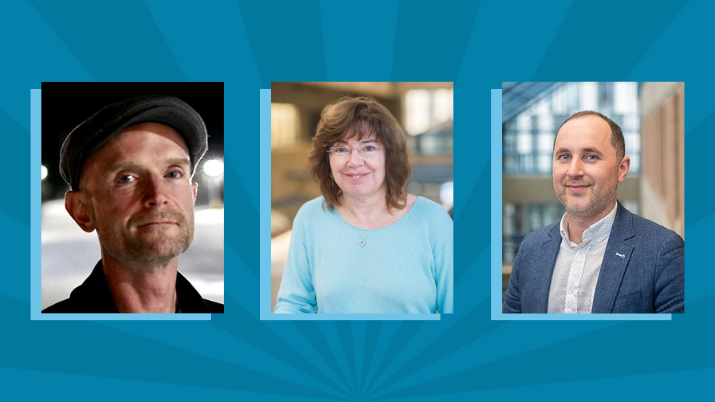In a commentary published in the Journal of Child Psychology & Psychiatry, Professor Emeritus Dr. Wolfgang Linden and Assistant Professor Dr. Joelle LeMoult of UBC’s department of psychology are calling on policy- and decision-makers to support a system-wide implementation of prevention and treatment of children and adults who have been exposed to Adverse Childhood Experiences (ACEs).
Dr. Linden and Dr. LeMoult, who are both clinical psychologists, undertook a systematic review of the life consequences of ACEs exposures—such as violence or neglect—and its implications on mental illness. Although adverse experiences in childhood affect each child differently, ACEs are the earliest known triggers in a person’s life. Their review shows ACEs exposure is linked to mental health issues.
Dr. Linden joins us for a Q&A to discuss the review paper, Adverse childhood events causally contribute to mental illness – we must act now and intervene early, treatment and interventions for ACEs, and recommendations for policy makers.
Can you tell us about your insights and this review?
This paper represents a systematic review and a set of recommendations. It shows how pervasive (broad and deep) the life consequences of ACEs exposure are and it justifies that they can be seen as causal contributors to these poor outcomes. Our key message is to push for early (pregnancy to age two) prevention efforts to minimize long-term after effects. The longer you wait for treatment, the lower your chances are to make a difference with interventions. It is ideal to focus on the parent and young child simultaneously. There is ample evidence supporting system-wide implementation of prevention and treatment of ACEs even though research on mechanisms needs to and will continue to offer additional insights.
How can treatment and interventions help mitigate downstream effects of ACEs?
Treatment targets vary with age. In young children it is anxiety, learning disabilities, or lack of behaviour control. In teenagers, add depression and problematic drug use and risky sexual behaviours.
Treatment may consist of various types of psychotherapies—although this is a limited choice for young children—and support with psychotropic medication, family therapy, strong social supports in the community including proactive outreach.
It is key to see the connections; when you effectively treat anxiety, ADHD, and learning disabilities in a young child, they are less likely to abuse drugs as teenagers and adults, or become depressed, or get into trouble with the law. Another take-home message is that prevention and treatment blend into one another. Prevention and treatment services need to be harmonized and made seamless.
What are your top recommendations for policy- and decision-makers?
Treatment is urgently needed. We recommend policy- and decision-makers invest in multi-pronged treatment and prevention programs geared toward parents and children, especially during pregnancy and the first two years of life. Money needs to be budgeted annually to facilitate ongoing prevention.



